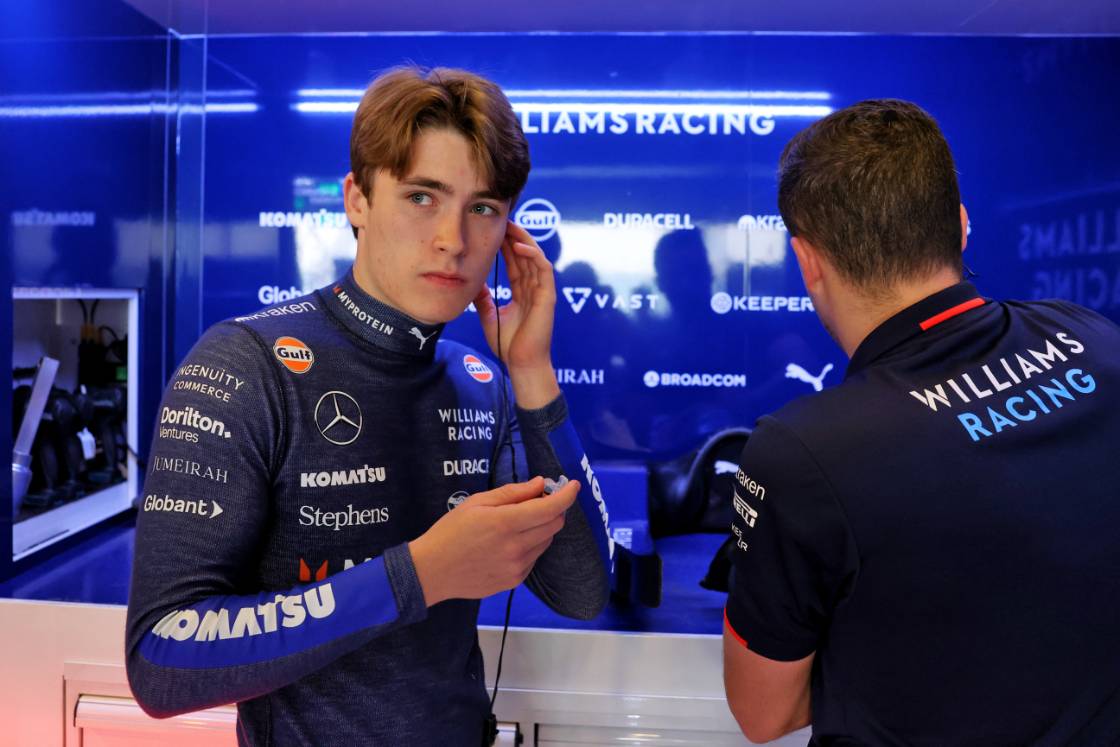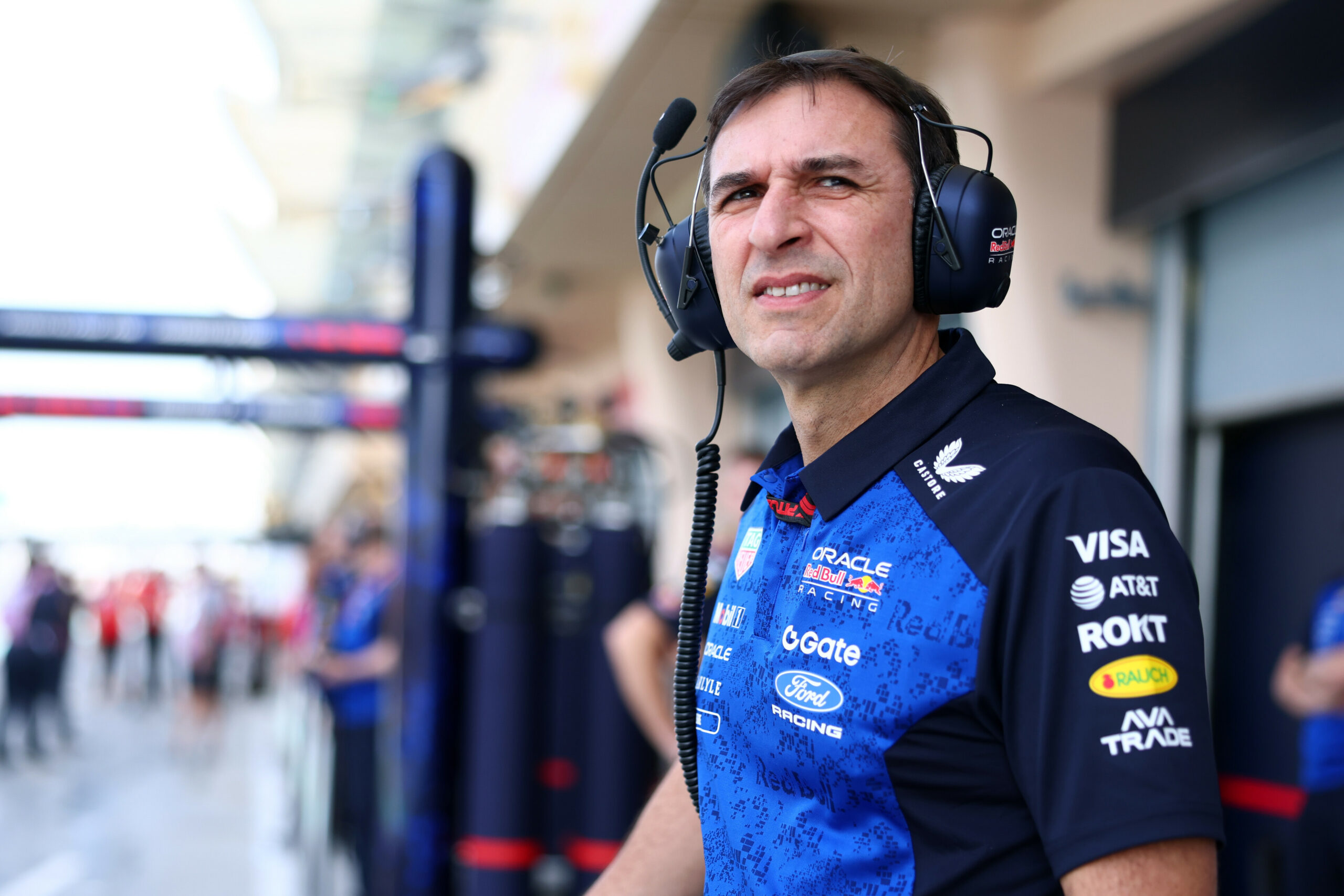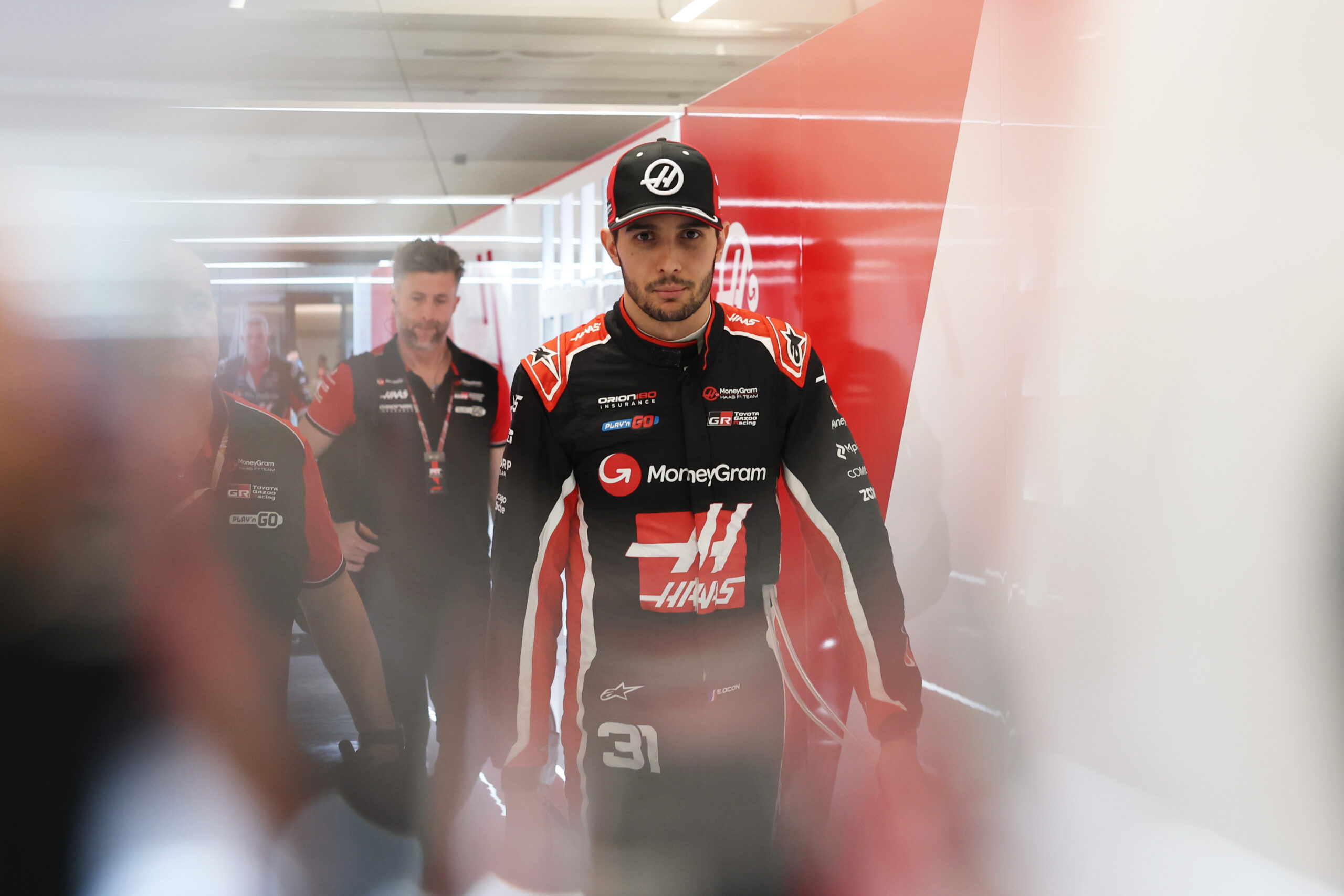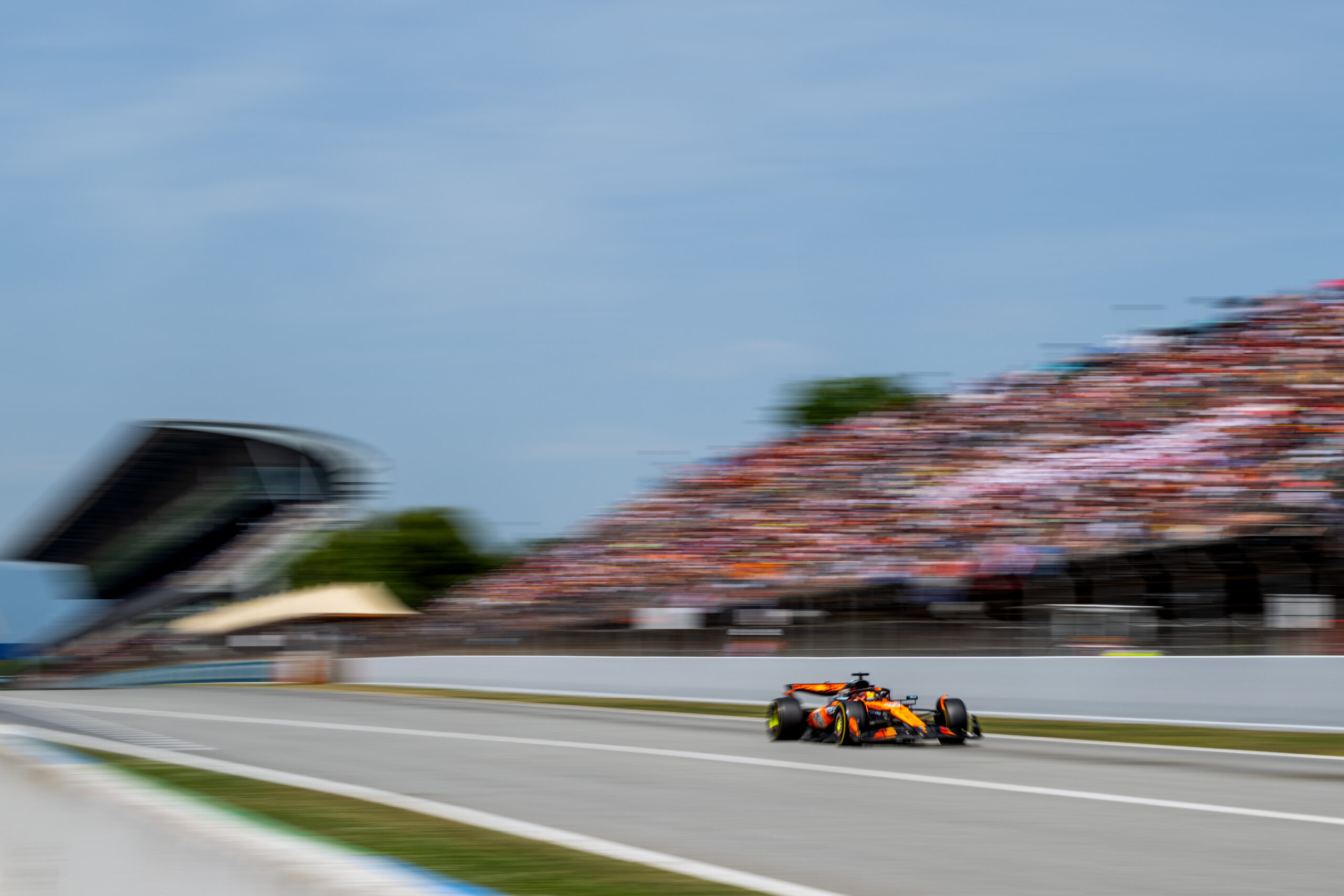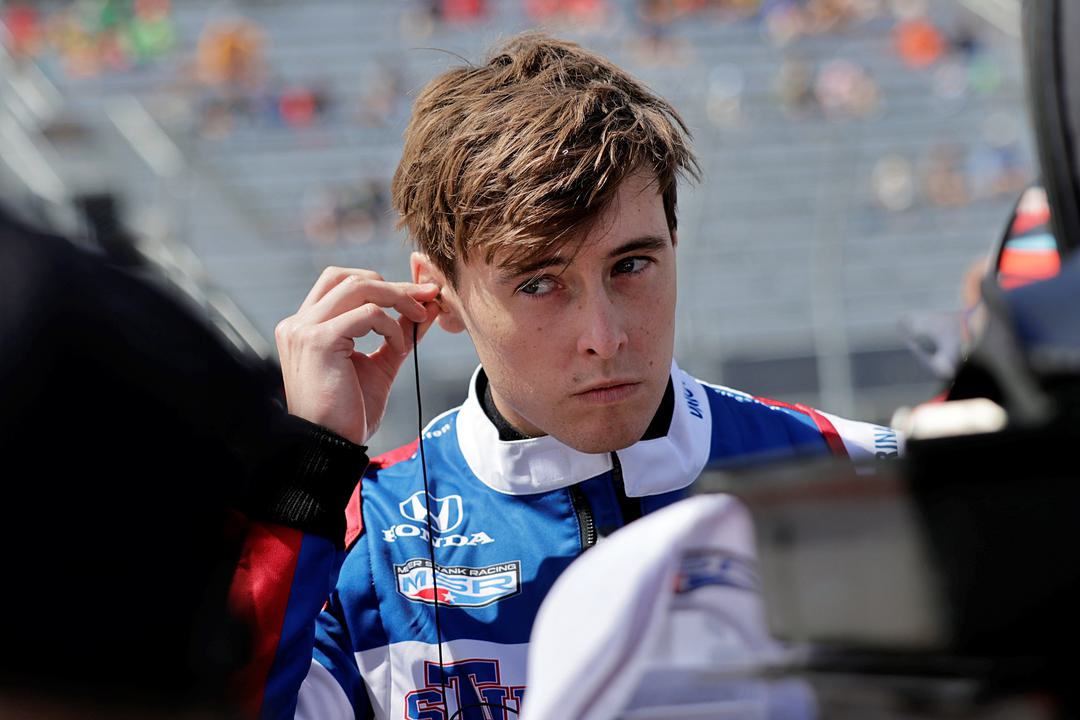Luke Browning sits fourth in the 2025 Formula 2 Championship standings with six podiums to his name, marking another strong season for the British driver who has become one of the most recognisable faces in motorsport’s feeder series. Yet despite his success and growing social media presence, Browning offers a sobering perspective on the reality of marketing yourself as a young racing driver.
The myth of social media success
When asked by Pit Debrief about marketing himself as a young driver, Browning delivered a brutally honest assessment that challenges conventional wisdom about the power of social media in motorsport. While he ranks among the more well-known F2 drivers with a solid online following, he quickly dispels any notion that this translates into tangible career benefits.
“I can’t say for me that having any following on social media has ever given me any benefit, to be honest,” Browning stated. “The main thing that has propelled me up the ladder is being fast and my championship success.”
This perspective cuts through the noise of an industry increasingly obsessed with digital metrics and influencer culture. For Browning, currently enjoying a successful F2 campaign, the formula for advancement remains refreshingly traditional: speed, consistency, and results on track.
The numbers don’t add up
Browning’s most striking observation concerns the disconnect between social media popularity and financial reality in Formula 2. His assessment is both specific and devastating to the notion that followers equal funding.
“Even if you have 500,000 followers, which is five times what I’ve got on social media now, I don’t think I’d be able to raise €200,000 to race Formula 2,” he revealed, highlighting the enormous financial gap between digital popularity and the financials needed to compete at this level.
Browning’s current championship position makes this reality check particularly relevant. Despite running fourth in the standings with multiple podium finishes this season, he understands that even success at this level doesn’t guarantee the financial backing needed to continue climbing motorsport’s ladder.
Learning from other sports
Browning’s analysis extends beyond his personal experience to broader industry comparisons, particularly with American sports. He points to the stark contrast between how athletes monetise their popularity in different sporting ecosystems.
“If you have a look across the US and you have a look at NFL stars with college football, they’re selling out fans and stands, and they’re able to therefore make the money to generate to allow people to come and do it,” he observed.
Financial reality
Browning’s six podiums this season and strong championship position give him firsthand insight into the financial realities facing even successful F2 drivers. He outlined the limited pathways available for securing the substantial funding required to compete:
“You’ve got to be in a really fortunate position where either you’re needed in the team to do a good job, or you’ve got a teammate that needs helping, or you need help to develop the car, or you’ve got a junior programme that are willing to invest in you so that they get a percentage of your earnings in the future.”
The alternative, he explained, involves convincing private investors to bet on a driver’s Formula 1 potential with the promise of future returns. “It’s a really difficult ladder to climb,” he acknowledged, describing his own trajectory as “super tough.”
Hope for change
Despite the challenges, Browning sees potential for positive change in how Formula 2 is perceived and valued. He specifically mentioned Netflix as a potential game-changer, similar to how “Drive to Survive” transformed Formula 1’s global profile.
“That’s why I thought Netflix would be a good opportunity for Formula 2 or for us to be able to be more valuable,” he suggested. While it may not be Netflix, Formula 2 does have its own series called “Chasing the Dream” on YouTube. Such exposure could theoretically create new revenue streams and increase the commercial value of F2 drivers, potentially easing the financial burden on talented racers like himself.
Appreciation for fellow competitors
Currently fourth in the championship with six podiums, Browning’s 2025 season demonstrates that talent and determination can still prevail despite the financial obstacles. His honest assessment of the sport’s marketing realities doesn’t detract from his appreciation for his fellow competitors and the series itself.
“I think all the F2 drivers have traded in a good way and they’re all genuine and I think the media team did a great job,” he noted, showing respect for both his peers and the efforts being made to promote the championship.
Luke Browning’s perspective offers a valuable reality check in an era where social media metrics often overshadow sporting achievement. His message is clear: while online presence may be increasingly important in motorsport, it remains firmly secondary to his on-track performance.

